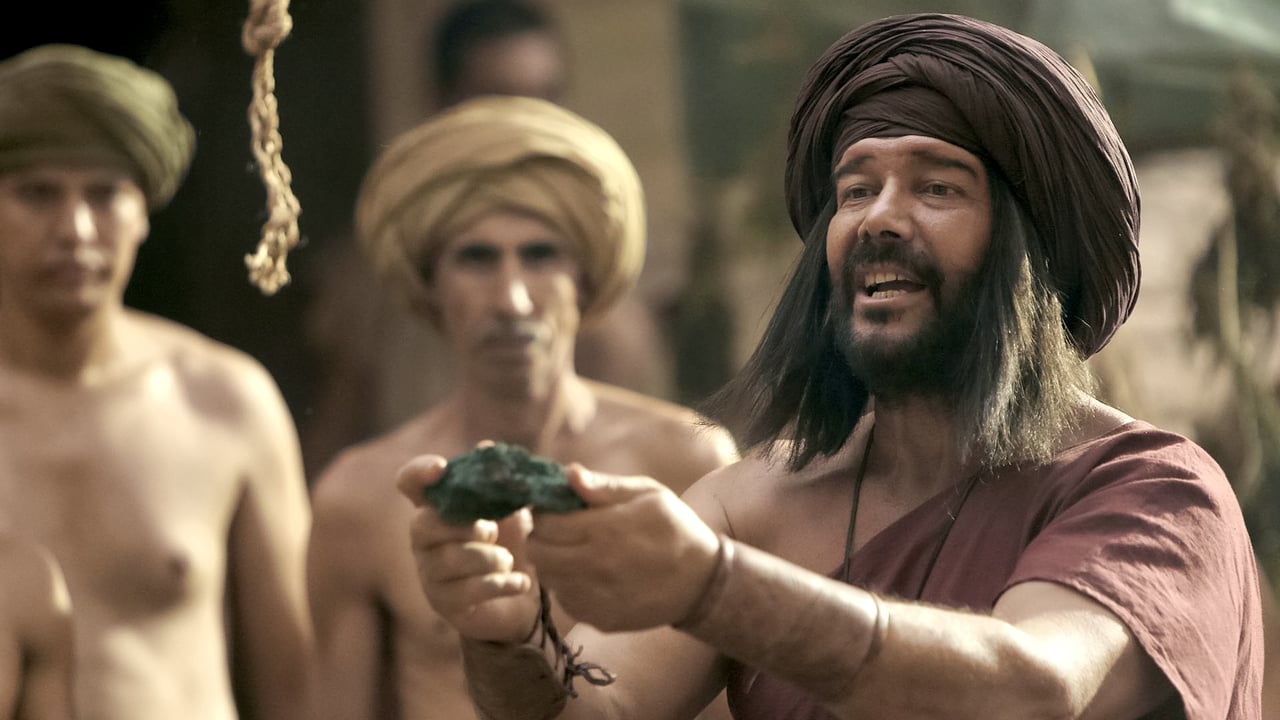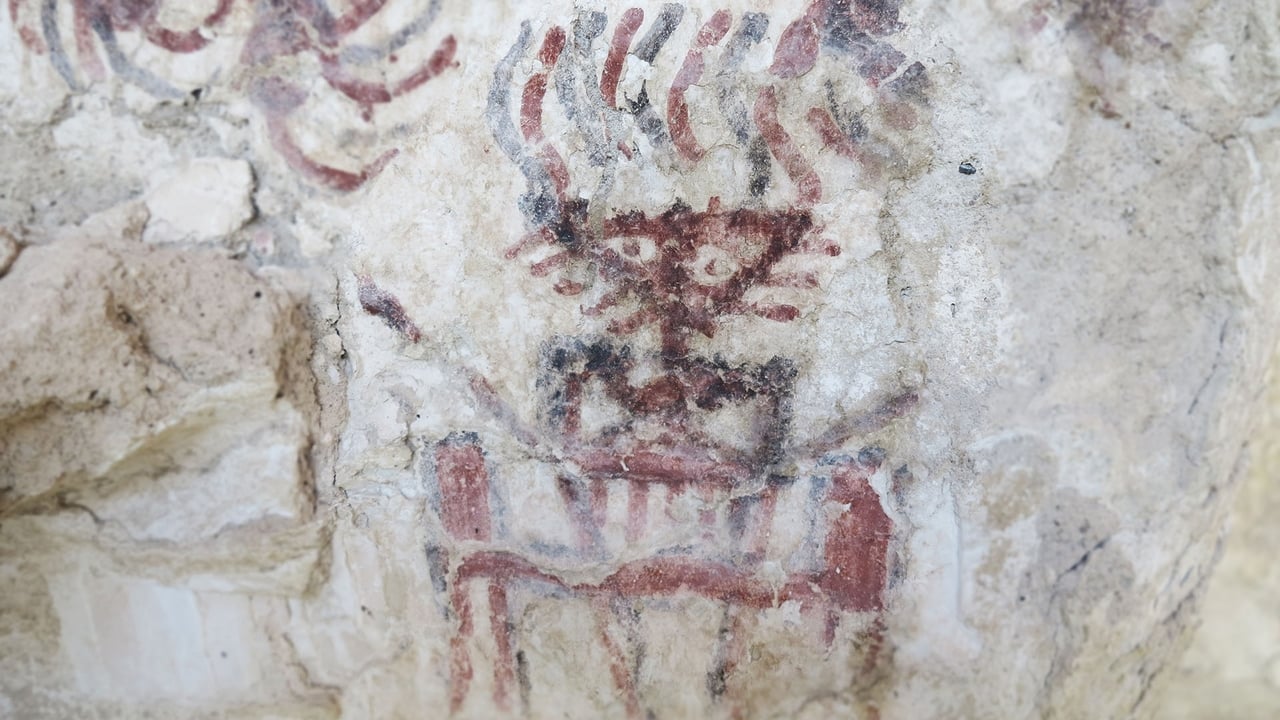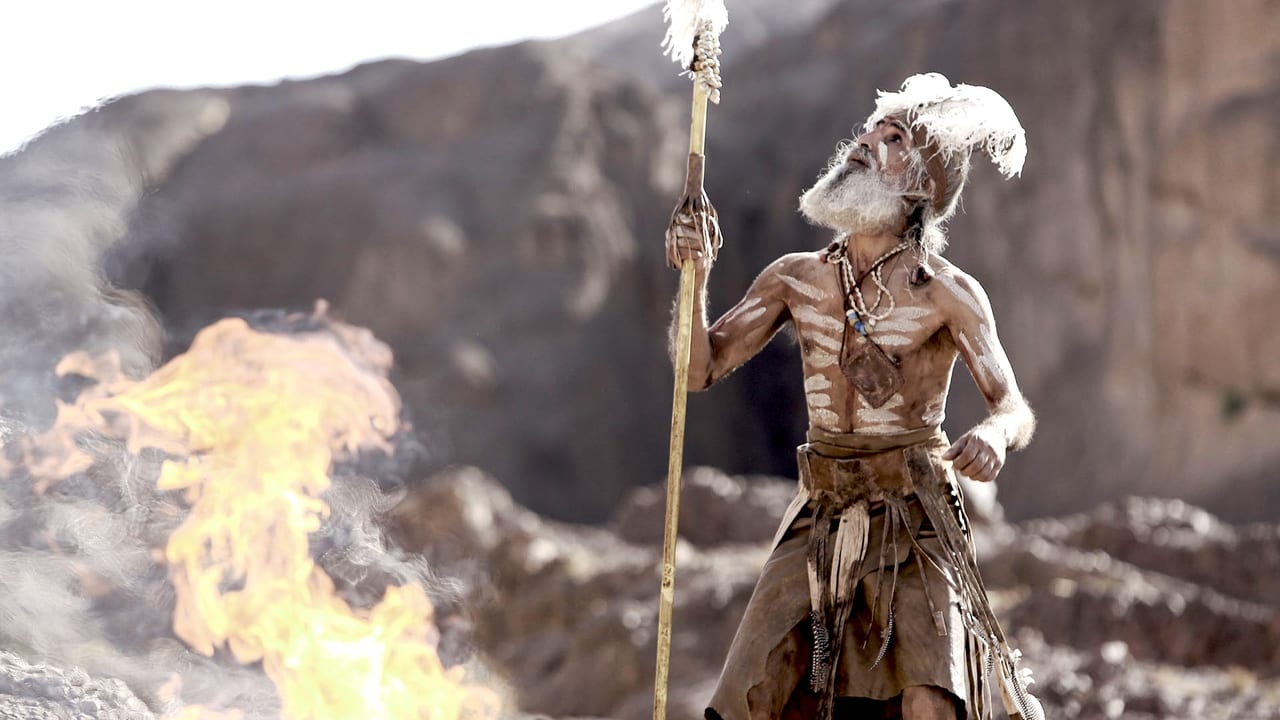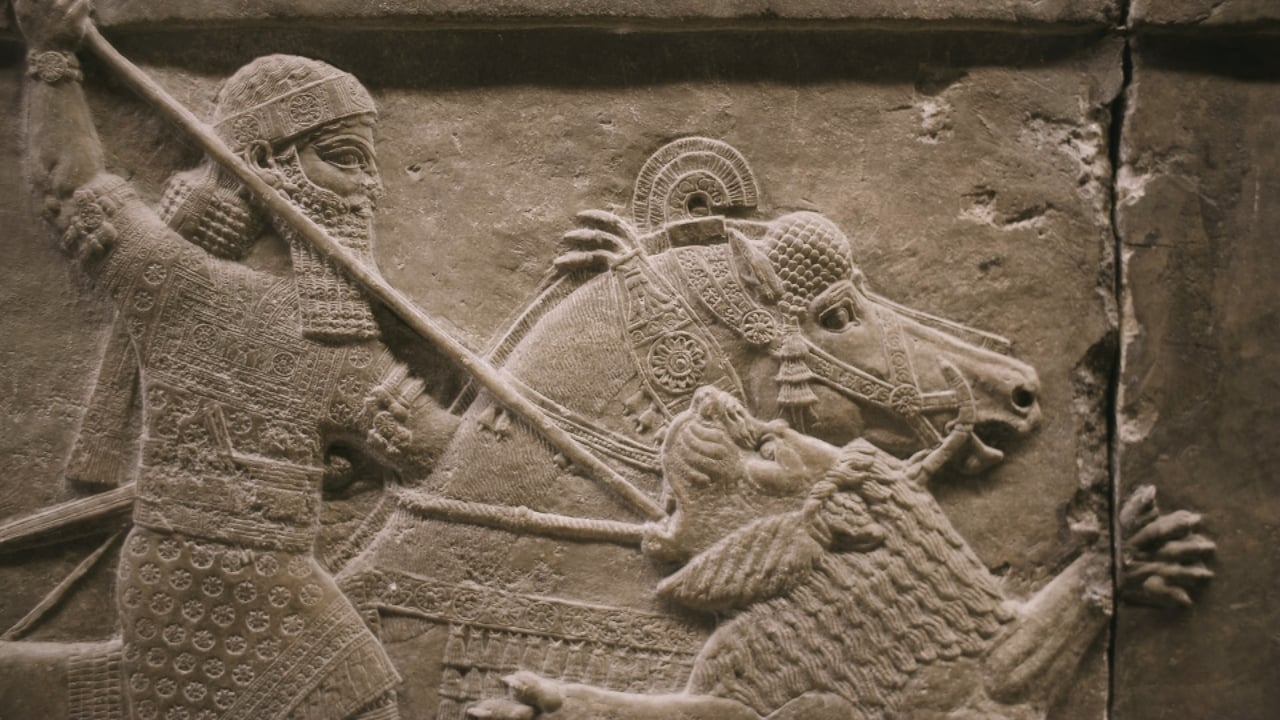«- Back
Where to watch "Aux origines des civilisations"

4. Trade
No release date yet
Trade explores the civilizing effect of buying and selling goods. In particular, the Indus Valley Civilization – on the borders of modern-day India and Pakistan – was seemingly created with the single purpose of encouraging the free flow of trade. The knock-on effects were massively beneficial - an increase in wealth, co-operation and trust.

3. Cities
No release date yet
Cities investigates the link between urban living and civilization - no cities without civilization, no civilizations without cities. The world’s first settlements were in Mesopotamia, where the emergence of farming created calories necessary for people to feed themselves on a permanent basis. This led to an exponential increase in population and a blossoming of innovation – civilization itself.

2. Religion
No release date yet
Religion examines the power of a shared belief system, which serves as the social glue to unify a population within a single state. Nowhere was this truer than in Ancient Egypt - still the world’s longest lasting civilization - which depended for its stability on the god-like status of its rulers.

1. War
No release date yet
War addresses the paradox that good comes from bad. The threat of destruction engenders a sense of fear, but also creates tighter bonds within a community, while driving an arms race of technological progress. This happened in the Zapotec civilization in Mexico, but also with the Teotihuacan civilization which overthrew the Zapotecs and emerged as the first superpower of the Americas.


























